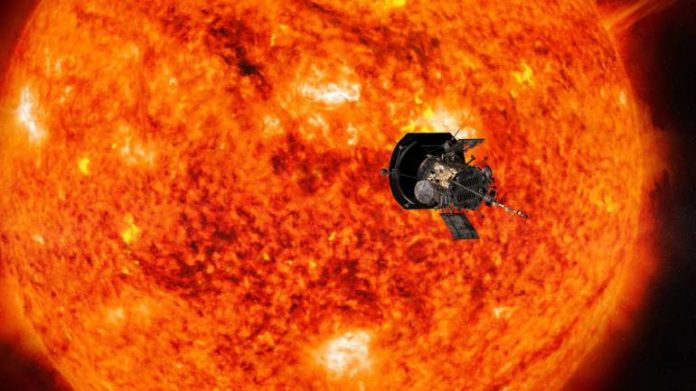NASA is offering the ‘hottest ticket this summer’ free of cost without standing in line!
NASA, the US space agency, is inviting individuals from across the world to send entries with their names to be included in the Parker Solar Probe which will plunge into the Sun’s atmosphere.
The names submitted, for which the last date is April 27, are to be placed on a microchip aboard NASA’s historic Parker Solar Probe mission launching in summer 2018.
The mission will travel through the Sun’s atmosphere, facing brutal heat and radiation conditions — and the names will go along for the ride, NASA said in a release.
“This probe will journey to a region humanity has never explored before,” said Thomas Zurbuchen, the associate administrator for the Science Mission Directorate at NASA Headquarters in Washington.
“This mission will answer questions scientists have sought to uncover for more than six decades.”
The primary goals of the mission are to trace how energy and heat move through the solar corona and to explore what accelerates the solar wind as well as solar energetic particles.
The investigations will be conducted by the instruments aboard. To keep them functioning unaffected by the blazing heat from the sun, a 4.5-inch-thick carbon-composite shield has been installed around them.
This state-of-the-art heat shield will keep the four instrument suites designed to study magnetic fields, plasma, and energetic particles, and image the solar wind at room temperature, NASA said.
The speed of the spacecraft will also be remarkable. It will fly at approximately 430,000 mph (692,018 kmph). That’s fast enough to get from Washington, DC, to Tokyo in under a minute.
“Parker Solar Probe is, quite literally, the fastest, hottest — and, to me, coolest — mission under the Sun,” said project scientist Nicola Fox, of the Johns Hopkins Applied Physics Laboratory. “This incredible spacecraft is going to reveal so much about our star and how it works that we’ve not been able to understand.”


